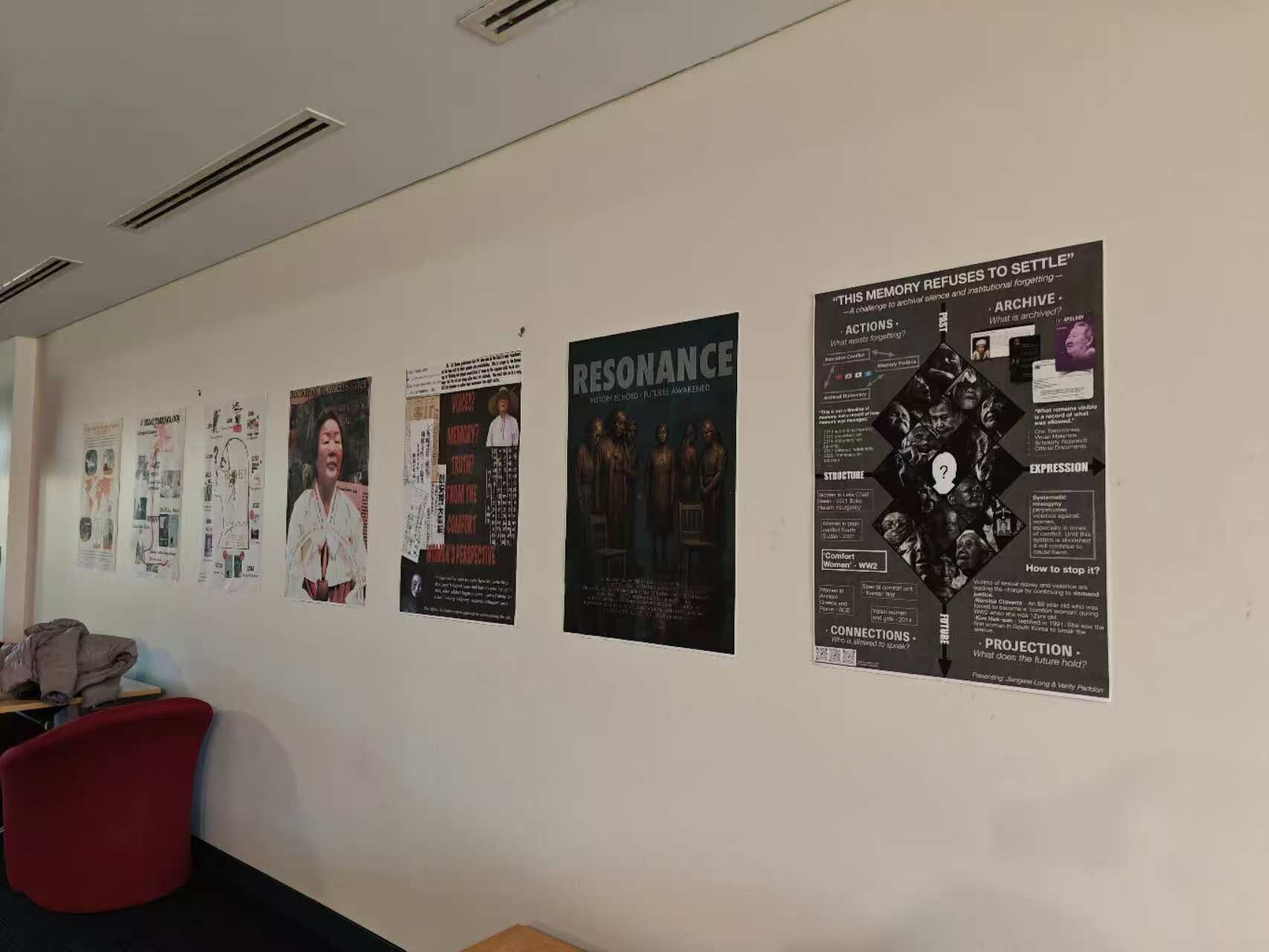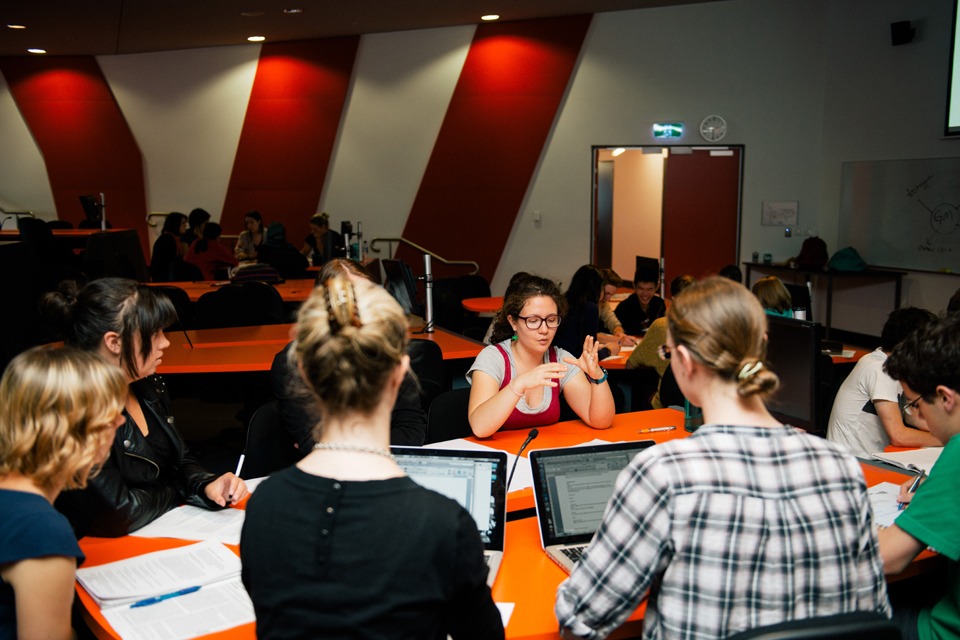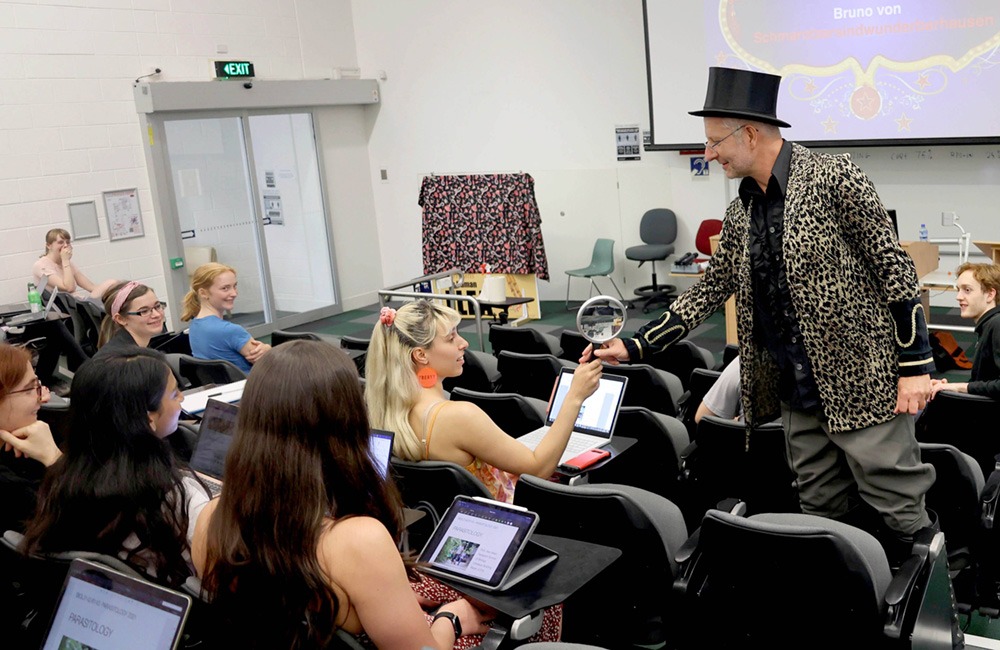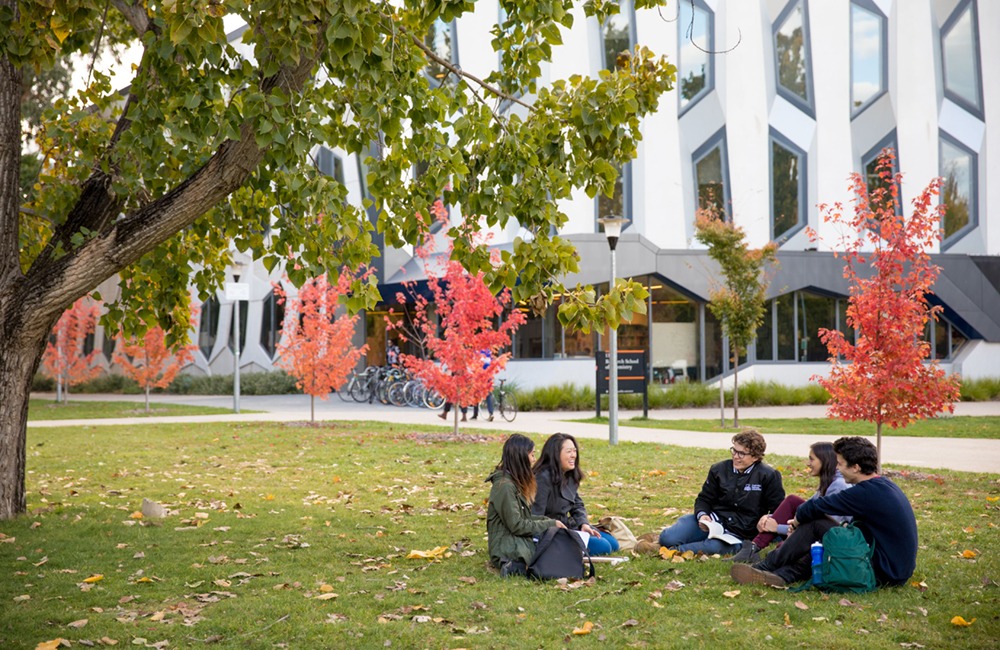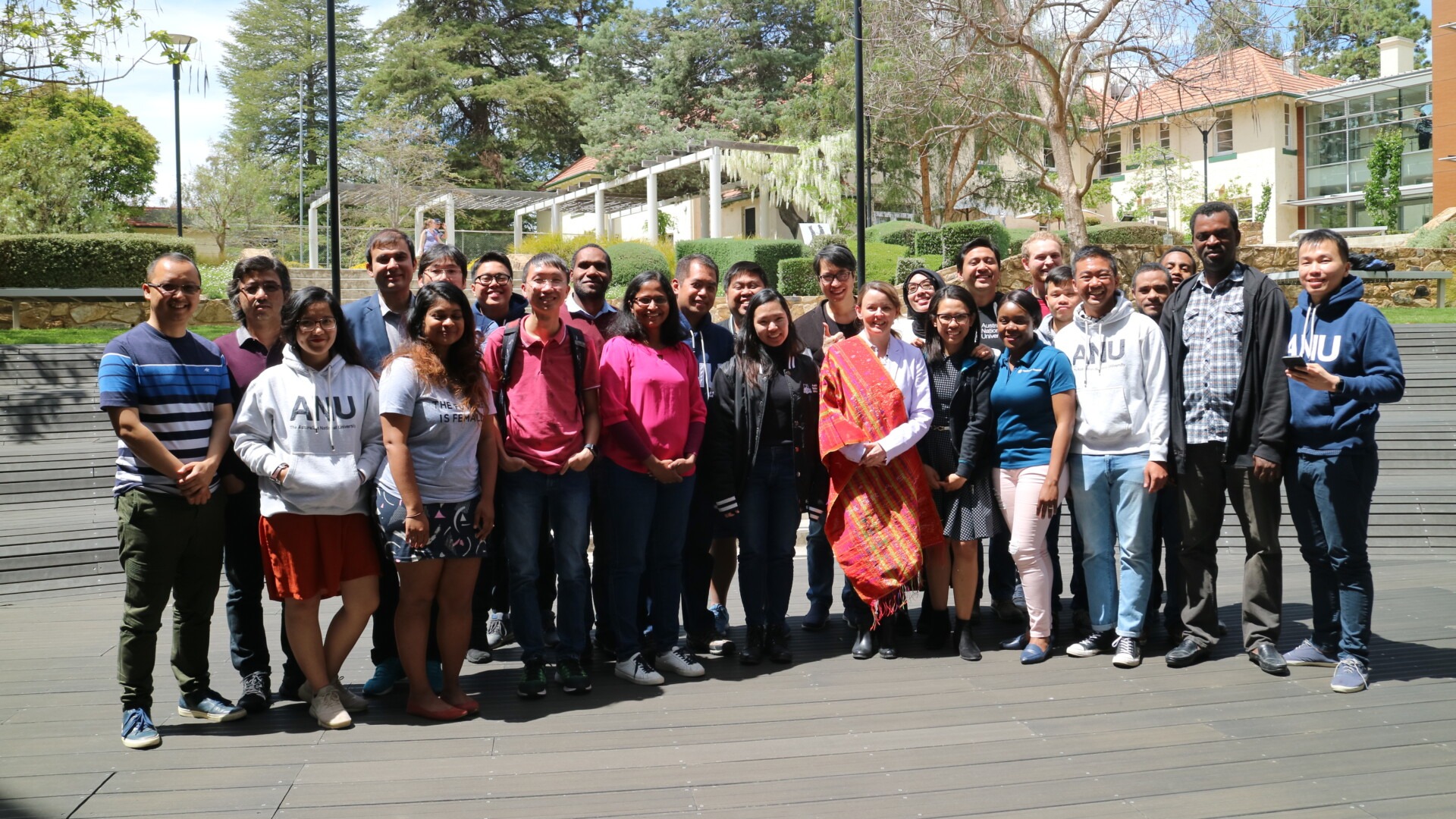We’ve known for some time that the ‘university experience’ can affect students’ wellbeing, in both positive and negative ways. Various resources have been developed to explain these effects and provide resources for educators, eg the OLT funded 2016 website Enhancing Student Wellbeing. Closer to home, an ANU Coffee course in 2018 (still available) focused in on fostering student wellbeing. These resources explain the essentials of wellbeing (autonomous motivation; a sense of belonging; positive relationships; experiences of autonomy; feelings of competence) and how to facilitate these by curriculum design.
Research recently published by Wendy Larcombe, Chi Baik and Sue Finch deepens our understanding of what exactly it is about coursework that can enhance a student’s wellbeing, or alternatively increase their distress. In ‘Exploring course experiences that predict psychological distress and mental wellbeing in Australian undergraduate and graduate coursework students’, the authors report on a survey of over 4500 students in Bachelor and Masters coursework programs which aimed to tease out the relative impact of six common coursework experiences on wellbeing. Those experiences were: workload, assessment stress, teacher autonomy support, motivation for study, peer relations, feelings of (not) belonging. The authors found that each of these six factors contribute to student distress/wellbeing and in fact were the strongest predictors of distress/wellbeing, even when a range of demographic factors (age, gender, Disability, LGBTQI, ATSI, etc), and situational stressors (financial stress, worry about future employment, language difficulties) were taken into account.
These findings highlight again the significant difference we as educators can make to student wellbeing by addressing aspects of curriculum design and teaching practice. I encourage colleagues to reflect on this responsibility, use the significant educational design support on offer at ANU, and commit to making the ANU student experience one that fosters wellbeing rather than adds to distress. And remember that thriving students make for happier academics!
A/Prof Vivien Holmes, ANU College of Law
